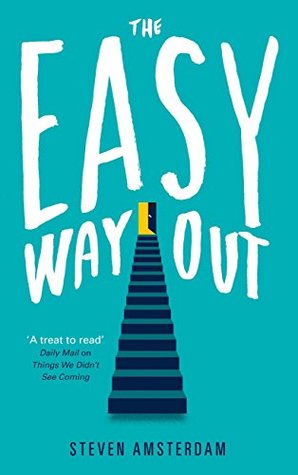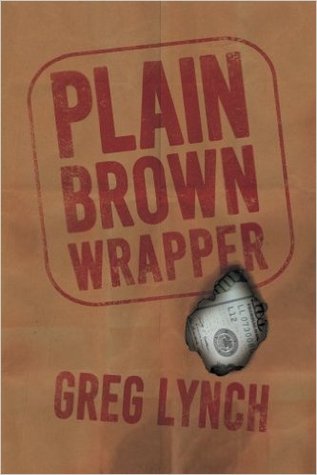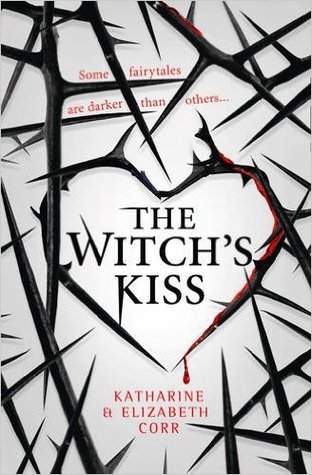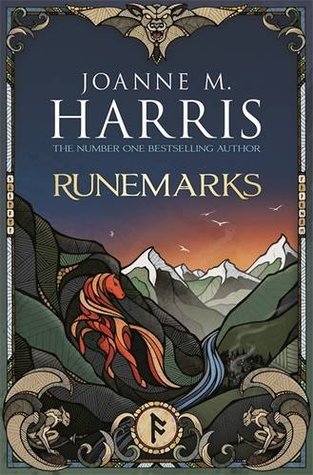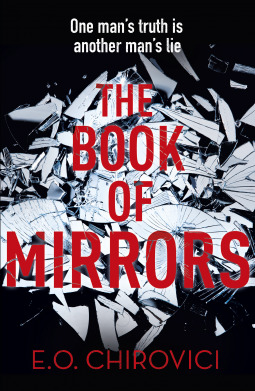
ABOUT THE AUTHOR:
Also writes under Eugen O. Chirovici and Eugen Ovidiu Chirovici.
Eugen O. Chirovici had a career in mass-media, running a national daily newspaper and then a TV news channel. He has published over 1,000 articles in Romania and abroad. He currently holds three honorary doctorates (in Economics, Communication & History) and is a member of the Romanian Academy of Science. He is the recipient of several prizes for journalism. He lives in both the UK and New York City.
DESCRIPTION:
ONE MAN'S TRUTH IS ANOTHER MAN'S LIE.
When big-shot literary agent Peter Katz receives an unfinished manuscript entitled The Book of Mirrors, he is intrigued.
The author, Richard Flynn is writing a memoir about his time at Princeton in the late 80s, documenting his relationship with the famous Professor Joseph Wieder.
One night in 1987, Wieder was brutally murdered in his home and the case was never solved.
Peter Katz is hell-bent on getting to the bottom of what happened that night twenty-five years ago and is convinced the full manuscript will reveal who committed the violent crime.
But other people’s recollections are dangerous weapons to play with, and this might be one memory that is best kept buried.
REVIEW:
In his note, the author states “I’ve always thought that after three hundred pages readers should get something more than just finding out who killed Tom, Dick or Harry, no matter how sophisticated and surprising the twists might have been.”
Although the premise of the book – an unfinished manuscript containing an account of an unsolved murder – is intriguing, I’m afraid the book didn’t live up to initial expectations for me. The use of three different narrators and the way in which each witness’s account of the murder and the events leading up to it differed, either because of lapses of memory or deliberate deceit was interesting. It was an interesting attempt, though.
However, I felt that the narrators didn’t come across as sufficiently distinctive. My main reservation about the book, though, was the author’s tendency to include a lot of unnecessary information about minor characters. Did we really need to know about the person one of the narrators sat next to on a plane, the name of a waitress in a restaurant or the details of ex-wives, girlfriends, etc? I agree that some people are way more observant than others, I for instance am, but when reading a novel that is complex enough this actually starts to annoy.
I wasn’t sure if the author was trying to flesh out the narrators’ back stories or just pad out the book. Although, I think the author was trying to communicate something sophisticated about the unreliability of memory, in the end, unfortunately, I don’t think the book did add up to much more than “who killed Tom, Dick or Harry” with the key piece of information that nailed the killer being a chance remark. I did want to find out who the killer was and the motive so this kept me reading to the end.
Alas, I won't recommend it for reading to my friends. It is not a bad read, but it suggested so much more than it actually delivered. 


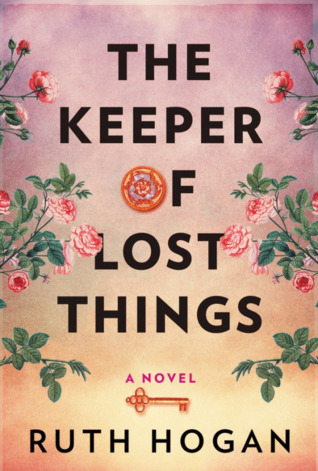 ABOUT THE AUTHOR:
ABOUT THE AUTHOR:
